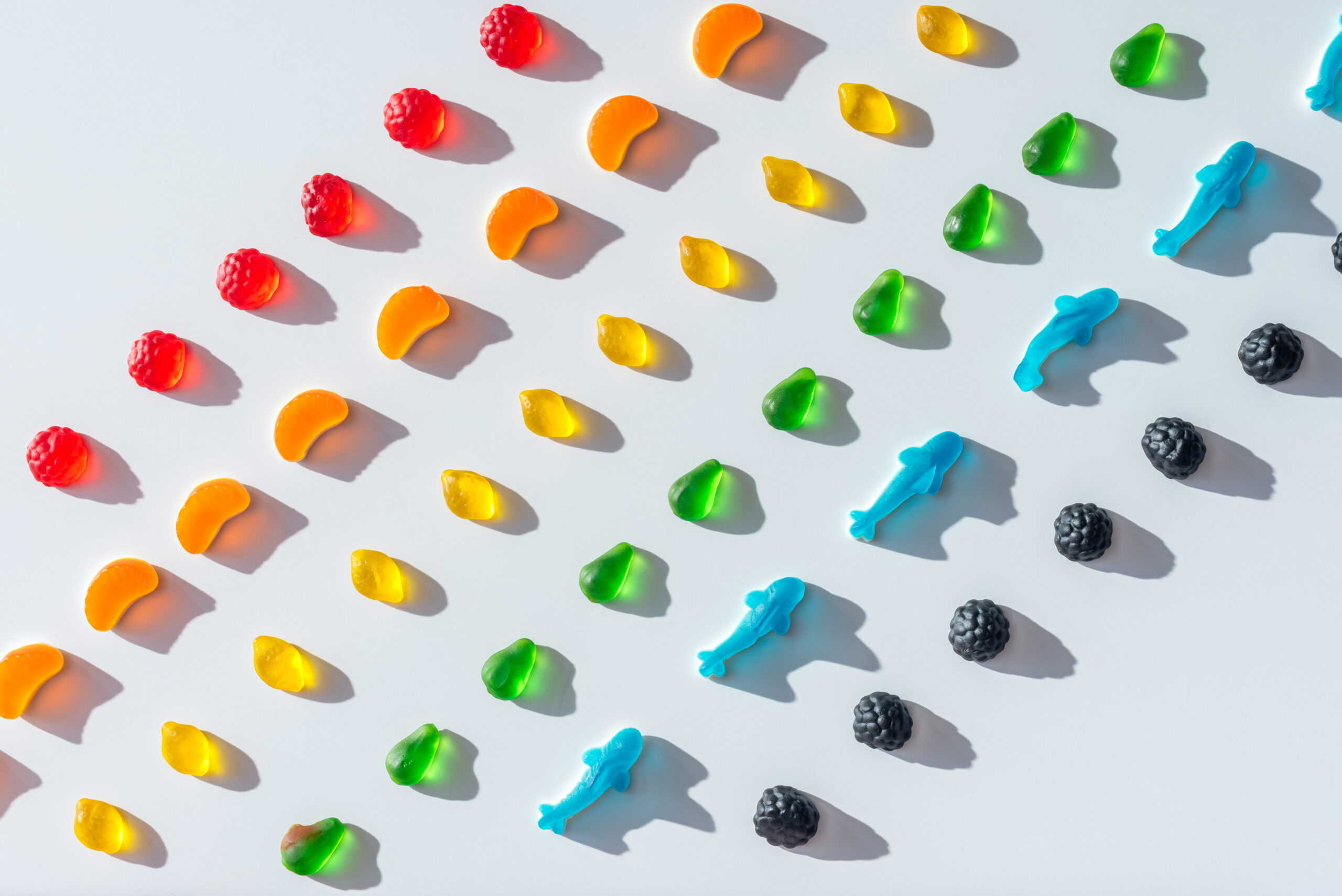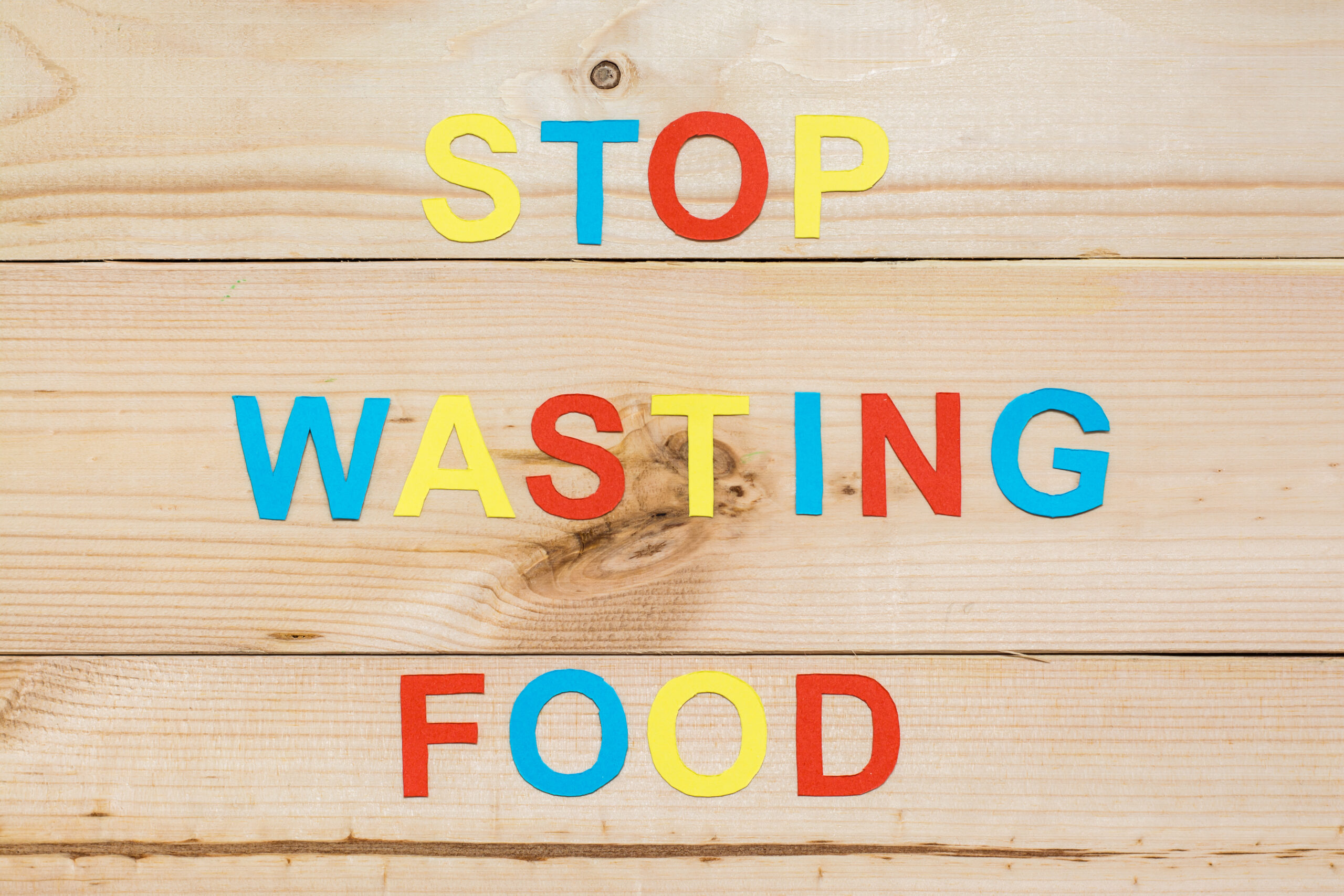A new study from the University of Surrey in England has found that consumers are more likely to overeat food that is labelled as a “snack” versus a “meal.”
The study, published in Appetite Magazine, was conducted by using a preload/taste test design and evaluated the impact of label and place of a preload on changes in desire to eat and total food intake. Eighty female participants were given a pasta preload which was labelled as either a snack or a meal.
Snacks were put in a plastic container with a plastic fork to eat while standing up and meals were served on a table with a ceramic plate and metal fork. Once consumed, participants were invited to take part in an additional taste test of different foods (animal biscuits, hula hoops, M&M’s and mini cheddars). The study found significant differences in food consumption of the two groups.
Researchers found that those who had eaten the pasta as a snack ate more than those who consumed it as a meal. The study also found that those who ate standing up consumed 50 percent more total mass (including the sweet snacks after the pasta) than those who had eaten the pasta sitting down at the table. Researchers have attributed this behaviour to a number of factors and they believe that when eating snacks, we are more distracted and may not be conscious of consumption. They also say that memories of snacks and meals may be encoded differently in our subconscious.
Jane Ogden, Professor in Health Psychology at the University of Surrey, said: “With our lives getting busier, increasing numbers of people are eating on the go and consuming foods that are labelled as ‘snacks’ to sustain them. What we have found is that those who are consuming snacks are more likely to over eat as they may not realise, or even remember, what they have eaten.
“To overcome this, we should call our food a meal and eat it as meal, helping make us more aware of what we are eating so that we don’t overeat later on.”
This new study provides some real facts on the health consequences of snacking and overeating. The researchers also imply that brands and retailers can help fight against overeating by changing product labels.












Join or login to leave a comment
JOIN LOGIN